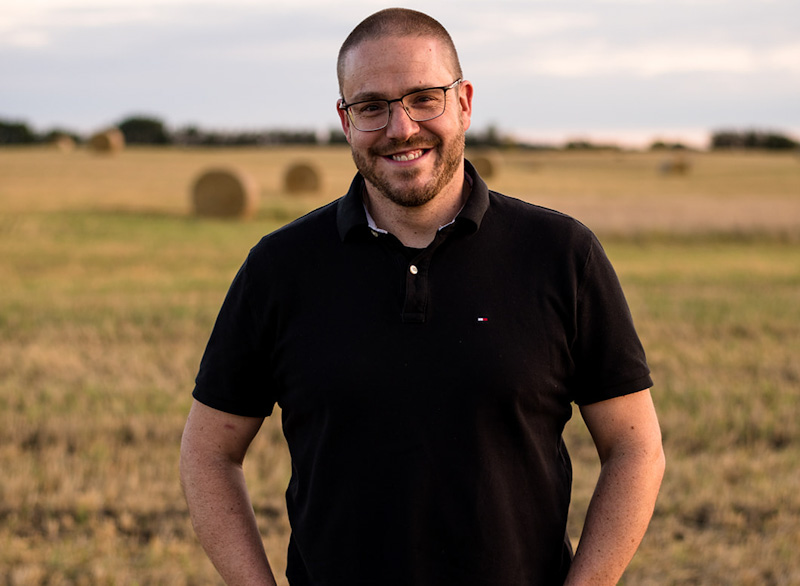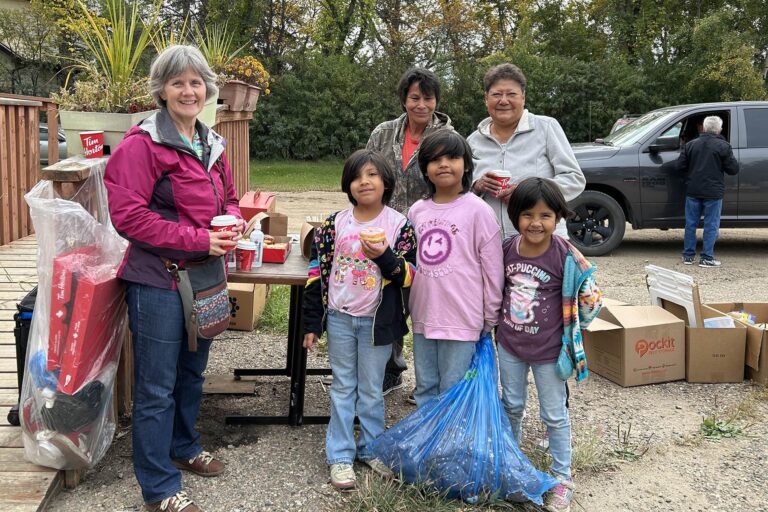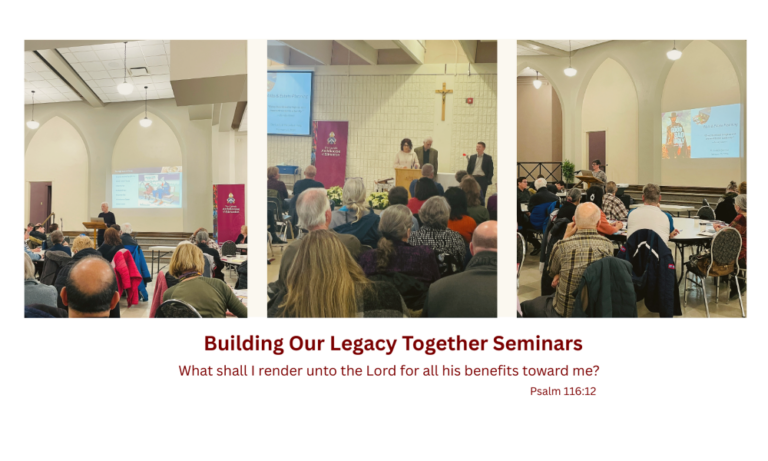You shall not covet your neighbour’s goods.
One of the most memorable scenes from Star Wars Episode I: The Phantom Menace occurs when young Anakin Skywalker meets Yoda. Up to this point, Anakin had been presented as an awkward messianic figure. He has untapped potential to become a great Jedi but requires training. Yoda has reservations about allowing him to be trained, for he senses a great deal of fear in Anakin. Yoda says: “Fear is the path to the dark side. Fear leads to anger. Anger leads to hate. Hate leads to suffering.” Despite Yoda’s reservations, Anakin is eventually trained as a Jedi, and did well to start … until he allowed fear to overtake him, turned to the dark side, and became the iconic villain, Darth Vader.
 Part of what sticks out about Yoda’s comment is that it is not the first emotion (fear) that is the problem, it was the way in which fear, left to grow, progresses to suffering. To be afraid can be a natural – and good – reaction to a variety of circumstances. But when anger builds upon fear into hate, then it becomes something else, and that can lead us to hurt ourselves or others.
Part of what sticks out about Yoda’s comment is that it is not the first emotion (fear) that is the problem, it was the way in which fear, left to grow, progresses to suffering. To be afraid can be a natural – and good – reaction to a variety of circumstances. But when anger builds upon fear into hate, then it becomes something else, and that can lead us to hurt ourselves or others.
This is often seen in the way people often react to tragedy. Fear turns to anger, and rather than seeking peace and justice, people go looking for revenge … which just leads to more pain and suffering. This is why mercy is so important in the life of faith.
But this progression from feeling to sin does not just happen in the case of fear and anger, it can also happen when we covet (want) something that another has:
“Covetousness leads to greed, avarice, theft, robbery and fraud, violence and injustice, envy and immoderate desires to own what belongs to others.” -YouCat 465
For example, I would love a new car. I’ve never bought myself a new car, and would jump at the opportunity to pick the colours and features, to drive it brand-new off the lot, savouring the new car smell. At first glance, there’s nothing wrong with that. But I have friends who’ve pulled up to my house in their brand-new car or truck. While I want to be happy for them, a part of me envies the good thing they’ve gotten. I’d rather it was me getting the new car and, at times, there’s a temptation to resent what they have and I don’t.
This is why envy, which is defined as “sadness and annoyance at the sight of another’s well-being and the desire to acquire unjustly what others have” (YouCat 466) is not good for the soul. Instead of finding joy in this new thing my friend has, I grow to resent them and might do harm to our friendship. St. Basil the Great says that “As rust consumes iron, so envy consumes the soul that is afflicted by it.”
Left unchecked, my envy of my friend’s new car can grow into a desire that something bad happens to their car. The worst outcome is that having stewed on my jealousy for so long, I’m the one who does something malicious to the new car like opening my car door close to theirs or spilling a drink on the seat.
The Tenth Commandment directs us not to covet our neighbours’ goods specifically so we don’t let envy consume our souls. Here, YouCat offers two good suggestions on how to battle this disordered desire for things we don’t have.
The first is to choose to find joy in the good things other people have. This is what I work at doing when friends bring by their new cars; rather than getting stuck in what they have and I don’t, I look for the opportunity to be excited with them. Whether they have a new thing, job, or a relationship, I try to make it about them and not about me. There are moments where this is easier, and moments where it is more difficult, but it’s a battle worth fighting.
The second is to recognize that we’ve been made for more any ‘thing’ we desire in this life. When the rich young man asked Jesus what he needed to do to gain eternal life (Mark 10:17-22), he wasn’t just asking about how to get to Heaven when he died. Pope Benedict XVI pointed out that he was asking something far more profound:
The question in the Gospel does not regard only the future. On the contrary, it exists as a task in the present, in the ‘here’ and ‘now. In short, the young man’s question raises the issue of life’s meaning …What must I do so that my life is not wasted? Jesus alone can give us the answer because he alone can guarantee us eternal life. He alone, therefore, can show us the meaning of this present life and give it fullness.”
The Pope’s words echo what St. Augustine said in the fourth century: “You have made us for yourself, oh Lord, and our hearts are restless until they rest in you.” There’s a sense here that all that we want is ultimately a longing for God. God has made us for more, but we spend a lot of time trying to ‘fill’ ourselves with too many other things. The ‘coveting’ that the final commandment discourages us from is not only trying to keep us from envy, but also reminding us that what we really want is God, and no thing will ever fulfill that desire.
Like Anakin Skywalker in Star Wars, there are moments we all face where we can make a small simple decision that can have dramatic consequences. For Anakin, allowing fear to become one of his primary motivations opened the door for him to turn from light to darkness and cause others (and himself) incredible suffering. For us, a decision to embrace envy can become a wedge in our relationships and distract us from all that really matters. For these reasons God challenges us to shun envy, to find joy in the happiness of others, and to aim our lives not on things that will pass away, but instead on God Himself:
“The ultimate and greatest longing of a person can only be for God. To see him, our Creator, Lord, and Redeemer, is unending blessedness.” -YouCat 468
-Mike Landry is Catholic Youth Camps director for the Archdiocese of Edmonton. He is also chaplain for Evergreen Catholic Schools, serving 10 schools west of Edmonton. Mike and his wife Jennifer live in Stony Plain with their five children.




